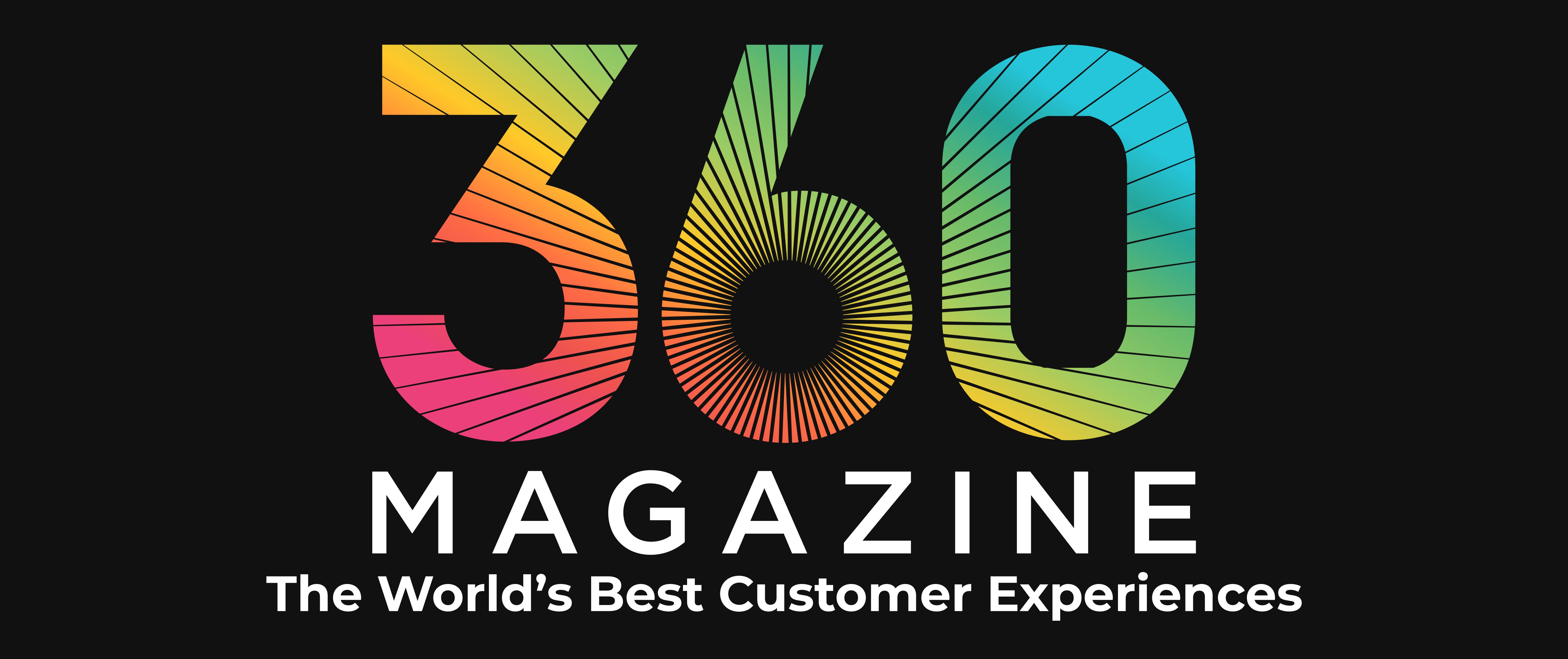91% expect their online shopping to match or surpass in-store experiences

Shane Schick tells stories that help people innovate, and to…
Nearly half of consumers say they continue to experience problems shopping online, leaving them less satisfied than when they visit a brand’s physical locations, according to research published by Coveo.
The Quebec City-based provider of AI search and generative AI experience applications surveyed more than 4,000 shoppers across the U.S. and the U.K. to produce its report, With Overwhelming Choice, What Really Drives Shopper Purchase Decisions?
While in-store shopping continues to hold appeal for consumers, Coveo’s report found that 94 per cent prefer to either start or end their purchase online. The biggest pitfall is in the post-purchase phase, where 49 per cent of consumers said they were hamstrung by navigation or search issues. More specifically, 56 per cent said they could not find the information they wanted on their own at this point in the journey.
The role of a strong retail web site was just as an important if consumers came to it directly or via another channel. For instance, 39 per cent said they often see products that catch their interest on social media, but the most popular next step was to purchase the product through the retailer’s site (45 per cent).
Despite the availability of “buy” buttons and digital storefronts on many social platforms, only 14 per cent of consumers opted for this method. Instead, 31 per cent said they would check to see if the item was in stock at their local store.
Unlike physical stores with attractive layouts, however, 39 per cent said retail web sites don’t have enough filtering options and they are presented with too many choices. Perhaps more to the point, 44 per cent said finding what they’re looking for in a few clicks would have the strongest impact on their perception of a brand.
360 Magazine Insight
Shane Schick tells stories that help people innovate, and to manage the change innovation brings. He is the former Editor-in-Chief of Marketing magazine and has also been Vice-President, Content & Community (Editor-in-Chief), at IT World Canada, a technology columnist with the Globe and Mail and Yahoo Canada and is the founding editor of ITBusiness.ca. Shane has been recognized for journalistic excellence by the Canadian Advanced Technology Alliance and the Canadian Online Publishing Awards.















